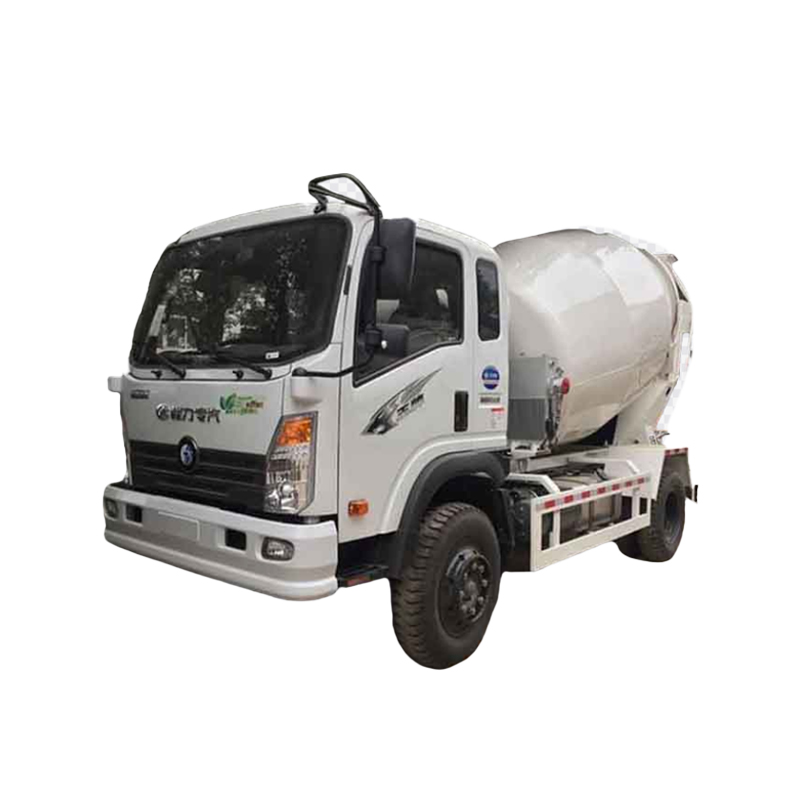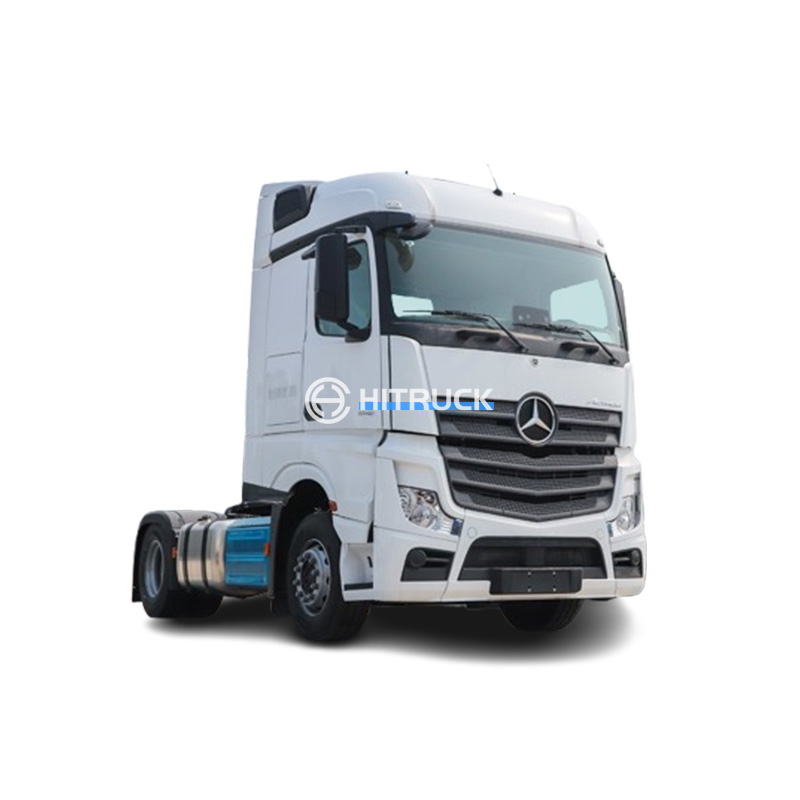Hoist Cranes: A Comprehensive GuideThis article provides a detailed overview of hoist cranes, covering their types, applications, safety considerations, and maintenance. We'll explore various aspects to help you understand how these crucial pieces of lifting equipment function and contribute to efficient operations in diverse industries.
Types of Hoist Cranes
Overhead Cranes
Overhead cranes are commonly used in factories and warehouses for lifting and moving heavy materials. They consist of a bridge structure running on runways, with a trolley carrying the
hoist crane mechanism. The
hoist crane itself is typically electric, providing precise control over lifting and lowering loads. Different types of overhead cranes exist, such as single-girder and double-girder cranes, each with specific load capacities and spans. Choosing the right type depends on your specific needs and the weight and dimensions of the objects you need to lift.
Gantry Cranes
Gantry cranes are similar to overhead cranes but run on legs instead of runways. This makes them highly portable and suitable for outdoor applications or areas where installing runways is impractical. Like overhead cranes, they employ a
hoist crane mechanism to lift and move materials. The
hoist crane system can be customized to handle various loads and working environments. For example, a gantry crane might be used in a shipyard for loading and unloading cargo or in construction for lifting heavy building materials.
Jib Cranes
Jib cranes are smaller, simpler cranes consisting of a jib (a horizontal beam) mounted on a pivot point. They are ideal for lifting smaller loads within a limited radius. The
hoist crane component is often electric and offers precise control, but the overall design is compact and efficient for localized lifting tasks.
Selecting the Right Hoist Crane
Choosing the appropriate
hoist crane depends heavily on the specific application. Key factors to consider include: Lifting Capacity: The maximum weight the crane can lift. Span: The horizontal distance the crane can cover. Height: The maximum lifting height. Power Source: Electric, pneumatic, or hydraulic. Work Environment: Indoor or outdoor, hazardous materials handling, etc.This selection process requires a thorough assessment of your operational needs. Consulting with a
hoist crane specialist is often recommended to ensure optimal performance and safety. Companies like Suizhou Haicang Automobile sales Co., LTD (
https://www.hitruckmall.com/) can provide expert advice and a wide selection of suitable equipment.
Safety Considerations
Safety is paramount when operating
hoist cranes. Regular inspections, operator training, and adherence to safety protocols are essential to prevent accidents. This includes: Regular Inspections: Thorough inspections should be conducted to identify potential hazards. Operator Training: Operators must be properly trained and certified. Safety Devices: Using load limiters, overload protection, and emergency stop mechanisms. Maintenance: Routine maintenance is crucial for ensuring the
hoist crane's longevity and safety.
Maintenance and Repair
Regular maintenance significantly extends the lifespan and ensures the safe operation of your
hoist crane. A preventative maintenance program should incorporate: Lubrication: Regular lubrication of moving parts is essential. Inspection: Frequent visual checks for wear and tear. Testing: Regular load testing to ensure the crane's capacity.Ignoring maintenance can lead to costly repairs and potential safety hazards. Professional maintenance services are recommended to guarantee optimal performance and safety.
Hoist Crane Specifications Comparison
| Feature | Overhead Crane | Gantry Crane | Jib Crane |
| Lifting Capacity | High | Medium to High | Low to Medium |
| Mobility | Limited to runway | High | Limited to radius |
| Installation | Complex | Moderate | Simple |
This information is for general guidance only. Always consult with professionals for specific applications and safety regulations.












